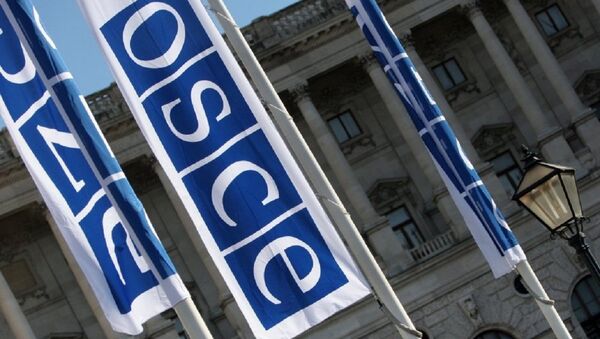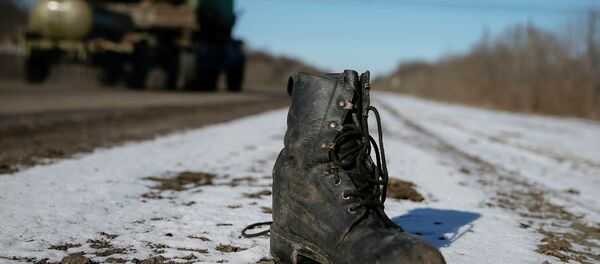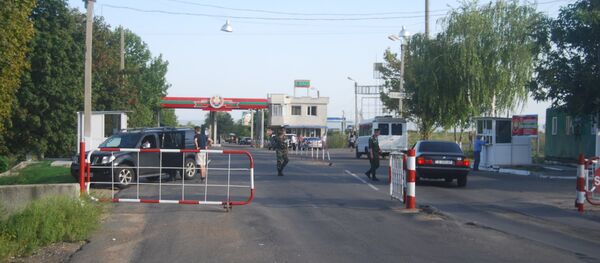"The conflict in and around Ukraine has dominated OSCE agenda for two years," OSCE’s new Chairperson-in-Office Steinmeier said during his key note speech that inaugurated Germany’s chairmanship.
Other unresolved crises that Germany hopes to see progress on as the 2016 OSCE chair are unfolding in Moldova’s breakaway province of Transnistria, and in South Caucasus’ Nagorno-Karabakh region.
"In the Transnistrian crisis, we have been striving to make realistic steps despite a difficult environment," Steinmeier said. "The aim remains a comprehensive solution based on the principles of sovereignty and territorial integrity of Moldova and a special status for Transnistria."
Speaking on the Nagorno-Karabakh conflict, Steinmeier said that Germany would continue pushing for an agreement on the settlement of the conflict.
The conflict between Armenia and Azerbaijan over the landlocked mountainous area broke out in 1988, after the predominantly Armenian region announced its secession from the Azerbaijan Soviet Socialist Republic. Nagorno-Karabakh proclaimed its independence in 1991, prompting a war that ended in a Russia-brokered ceasefire in 1994.



